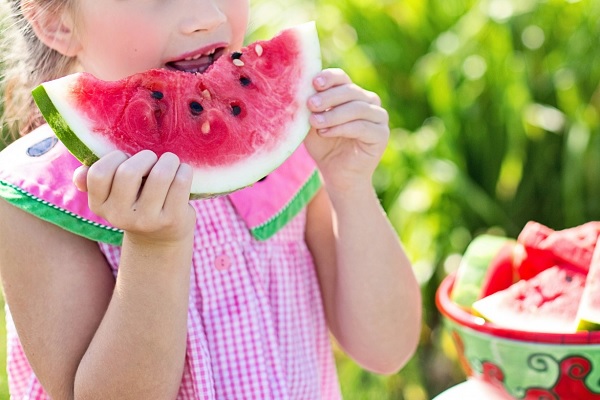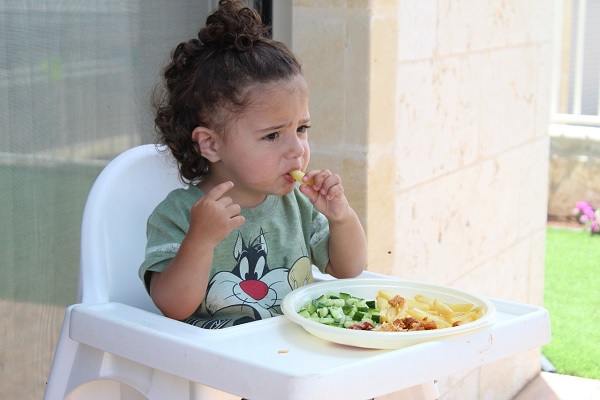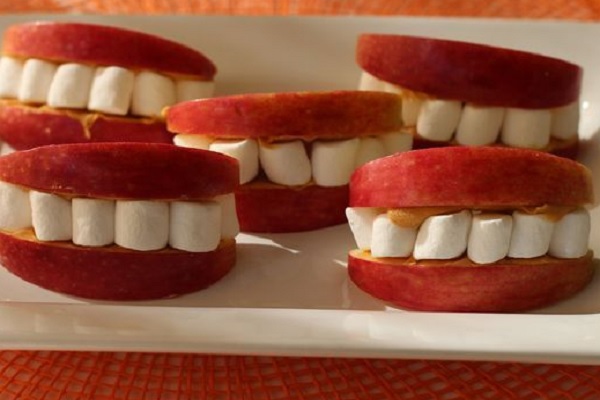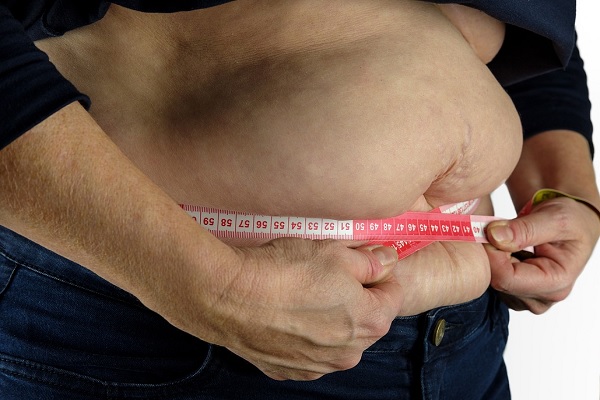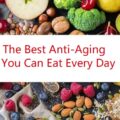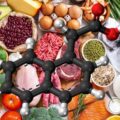Nutrition is of vital importance to kids as they are in a constant state of growth. Without the required nutrition, their body cannot create the building blocks needed to make them physically grow and prosper into adulthood. Get the benefits from these top foods by using them in your family recipes or just subtly sneak them into your family meal planner.
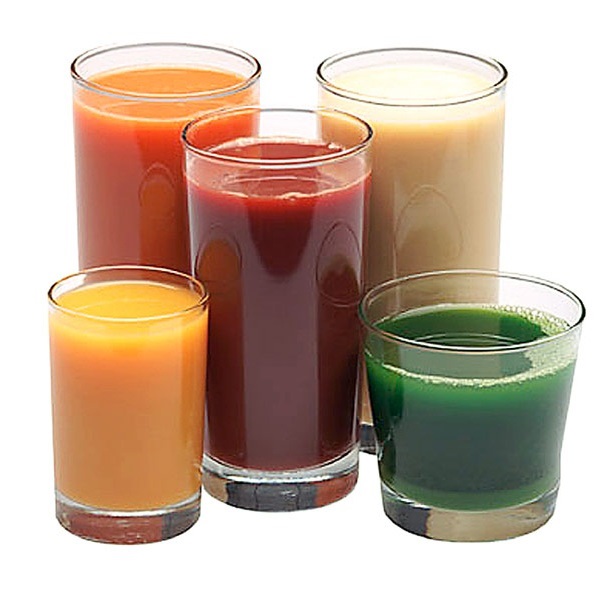
10.) Fruit Juice
Parents can sometimes fall into the trap of offering children too much sugar-laden juice. However, fresh, fully natural juice is full of vitamins such as vitamin C, vitamin E, folate, zinc and potassium. It is a great mid-morning drink to offer your child in moderation. Look out for brands that are also calcium-fortified for some extra nutritional value.
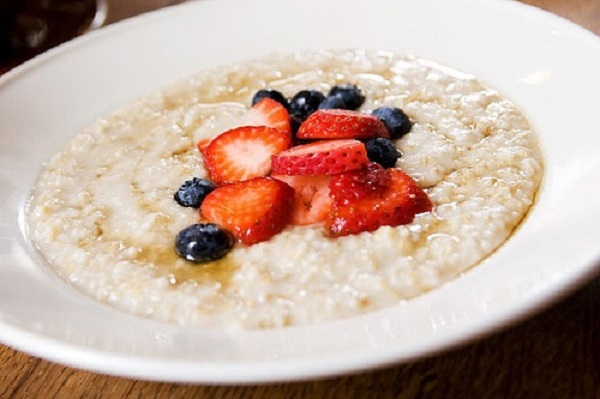
9.) Oatmeal
Oatmeal tops the charts in many aspects. Namely, it is full of fibre and slow-release carbohydrates that will keep your child full of energy until lunchtime. You will also find a great number of vitamins, iron, zinc and calcium within this breakfast food. Add small chocolate chips or some jam for a small sweet extra.
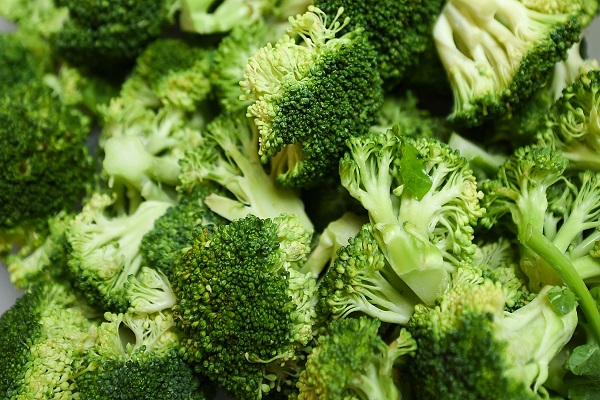
8.) Broccoli
Broccoli is one of the super vegetables as it contains a high number of nutrients such as potassium, B vitamins and potassium – surprisingly it is also a great source of calcium as well. Another benefit of broccoli is that it appeals to young children as it can resemble “trees” and become fun to eat.

7.) Yoghurt
Yoghurt is an amazing source of calcium as it is a lot easier for children to digest than regular cow’s milk. Look out for yoghurts with probiotic qualities if your child has recently been on antibiotics, as this will help improve the health of his gut. Invest in a sugar-free brand and sweeten it yourself with fruit.
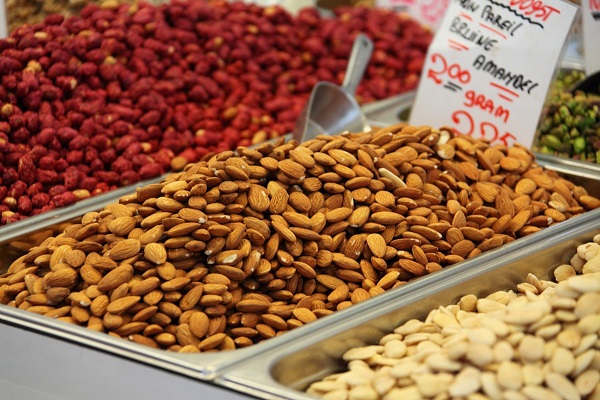
6.) Nuts
Nuts are full of natural fats and protein that are fantastic for a growing child. They can be cut up and added to some breakfast granola or even put into puddings if you want to sneak them into your child’s diet. It goes without saying that you should be wary of any nuts your child may have an allergy to.
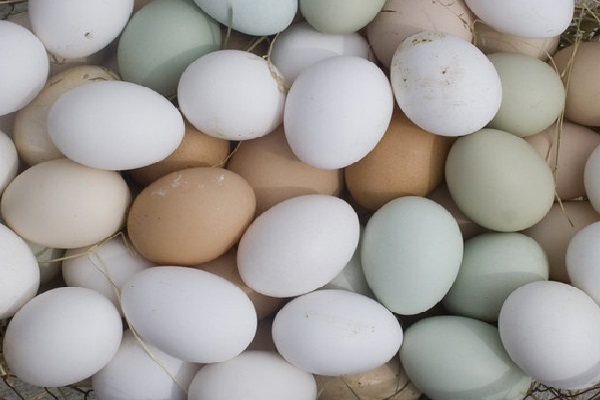
5.) Eggs
Eggs have dipped in and out of popularity in the press for a while. Sometimes they’re deemed healthy, other times they’re the exact opposite! In fact, eggs contain a large amount of protein, Vitamins B, E and zinc and make an ideal food to be included in warm breakfasts or as omelettes for lunches and dinner.

4.) Whole Grains
Whole grains are extremely beneficial to a child’s diet, especially when they replace their white counterparts in the form of brown bread and wholegrain rice. Introduce these into your child’s diet if you think they need an extra dose of fibre.

3.) Bananas
Bananas are a great first solid food for babies as young as 6 to 7 months as they are easily mashable and taste nice. They also contain a good amount of vitamin b6 (a small banana counts for over half a child’s daily needs) and potassium – which is great for keeping blood pressure down.
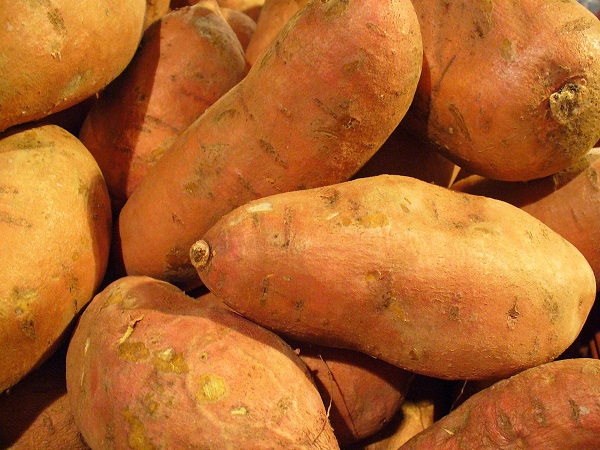
2.) Sweet Potatoes
Sweet potatoes are often overlooked in favour of potatoes. However, what most people don’t know is that sweet potatoes contain 30mg of beta-carotene per cup. This would take over 23 cups of broccoli to get the same nutritional value, not to mention the fibre they provide.
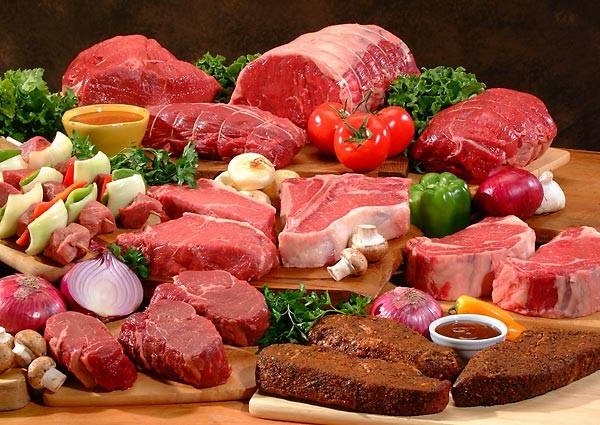
1.) Protein
Growing children need protein to help provide their bodies with the building blocks required to grow. It is found not only in meats but also in legumes, beans and soy products. Ask your local doctor or nutritionist for advice on exactly how much protein your child needs for its age.
Do you know of any other foods kids should try and eat? Do you have trouble getting your little ones to eat any of these? Do let us know in the comments below.
